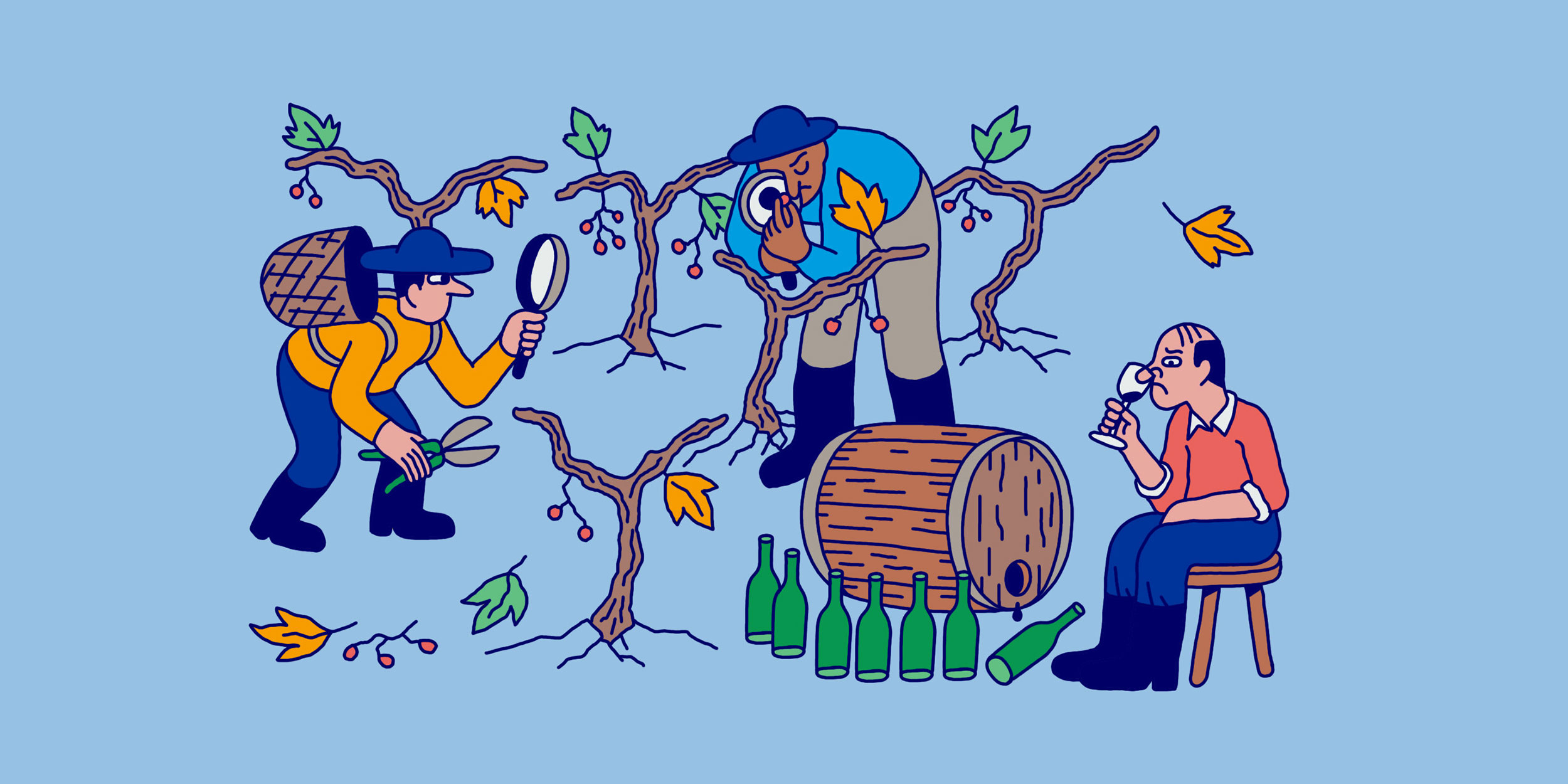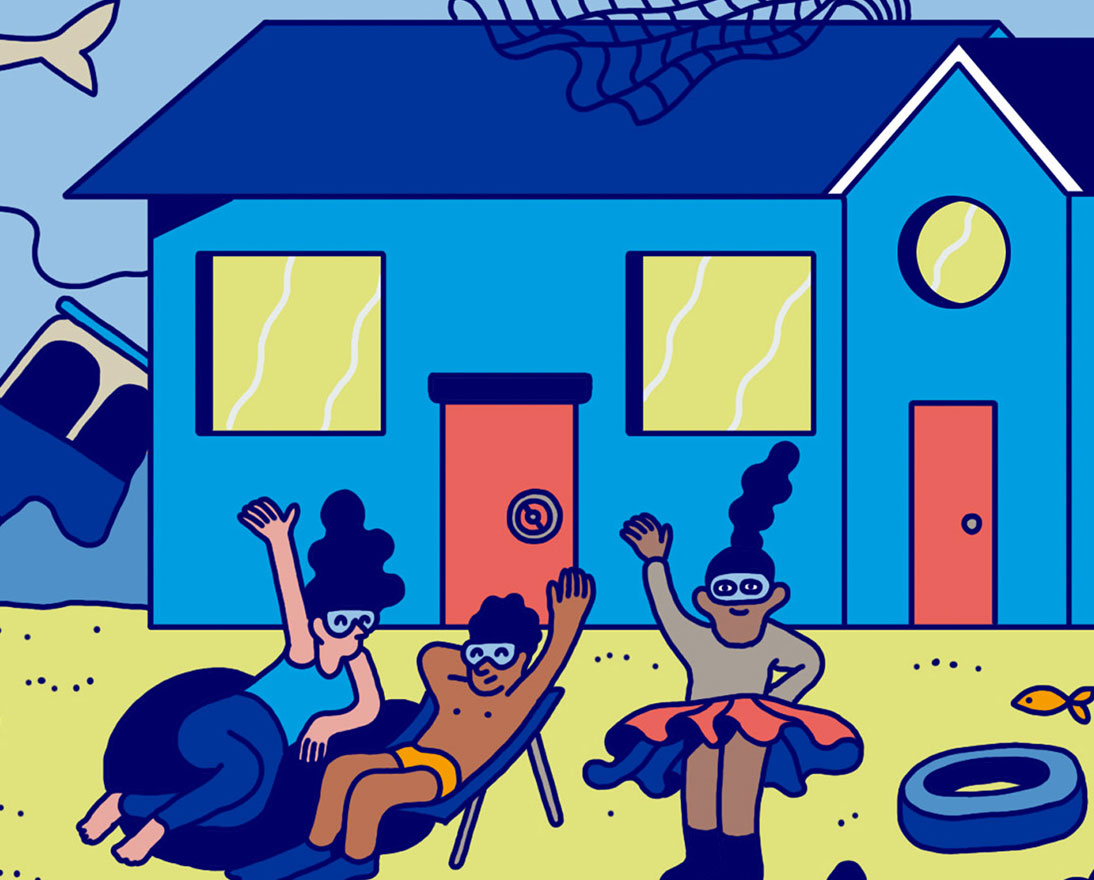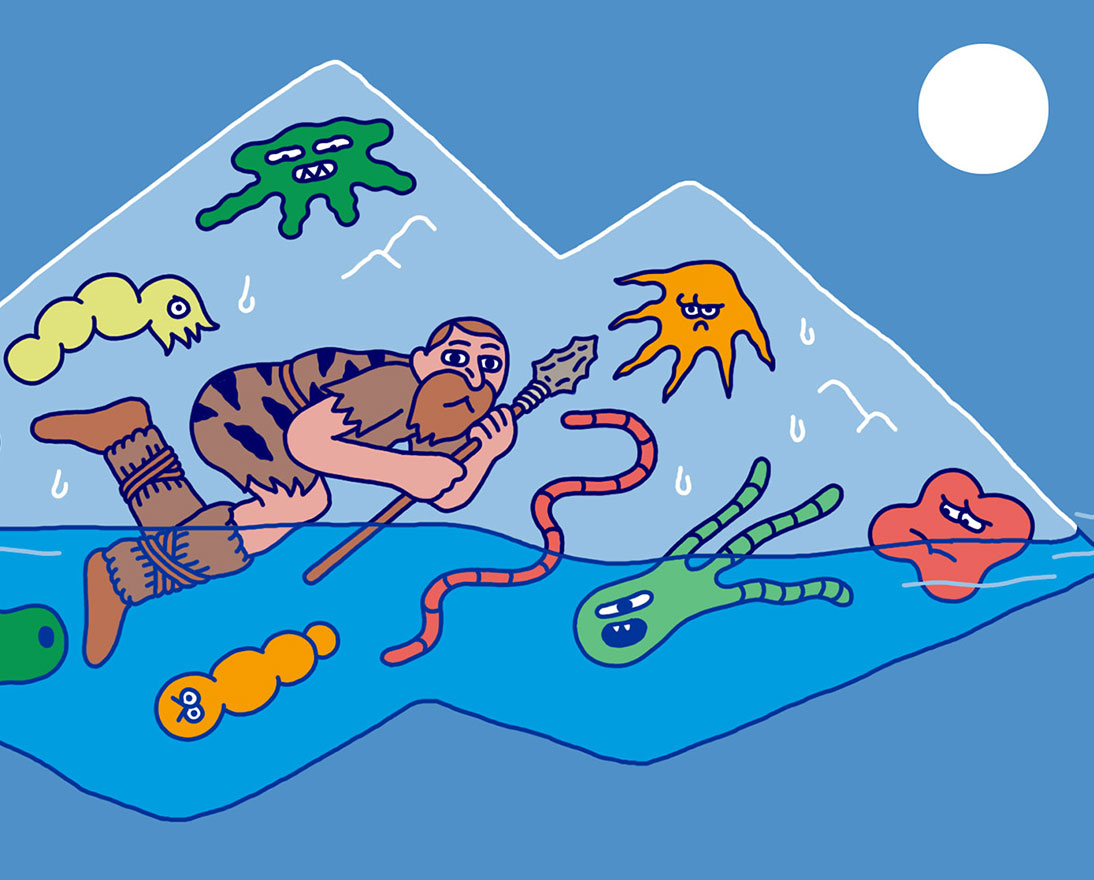Will your favorite drink survive climate change?
SustainabilityVideoSeptember 16, 2020
Zurich is working together with VICE to look at some of the ways climate change could impact our lives in the future.
When we think about climate change it’s easy to associate it with all the damage we’re causing to the planet - global warming, melting ice caps, shrinking glaciers, rising sea levels, increased heatwaves and more frequent extreme weather events. But climate change isn’t just about the planet, it’s about us. Climate change is going to cause more lasting damage to humanity than it ever will to the planet itself. Earth is 4.5 billion years old and has been a ball of lava and gas before. The planet will likely be fine well after we’ve gone, we’re far more fragile.
But before our negligence towards the environment wipes humanity off the planet, climate change is going to cause massive disruption to things we currently take for granted. One relatively early casualty is likely to be what we drink. Everything, from the bags of cans we take to the park through to the coffee we buy the following morning to perk up before work, is going to be impacted by climate change. Got a favourite wine? Don’t expect it to taste the same for the rest of your life, some wines may cease to exist in the coming decades.
Climate change is already hitting vineyards and hop production. Rising temperatures and increasing water scarcity could make it harder to produce all of your favourite drinks. Beer is made from water, malted barley and hops and all three ingredients are going to be impacted by climate change. Johanna Köb, head of responsible investment for Zurich Insurance Group (Zurich) told VICE: “With higher temperatures, more aridity and more droughts, the production of hops and barley could go down. You also need water for brewing, which will also face shortage issues with higher temperatures. Then you need to prioritise what you produce.”
Over 200 American brewers have recently united to send a message to politicians in which they: “declare climate change a substantial and growing risk to [their] business.”
It’s not just beer which is being threatened by climate change. Cocktails and the spirits used to make them are also at risk. Tequila, a vital component of the margarita and Long Island iced tea, could disappear because of biodiversity loss. The Agave plant used to make Tequila is pollinated by the previously endangered long-nosed bat who also spreads the plant’s seeds. Thankfully, the bats were taken off the US endangered species list in 2018 which gives some hope to margarita drinkers.
The taste of wine relies on different factors impacting the grapes, such as the soil, temperature and the altitude, and climate change is altering a lot of these. Wine might not disappear completely as grapes can be grown in hotter temperatures but the chances of your favourite French wine tasting exactly as it does today in a decade’s time are falling.
European wine producers are already experiencing impacts of climate change and have had to adapt the way they make wine. Zurich’s Köb says: “The harvest time for white and red wines has been moved forward several times in past years. Very dry summers reduce grape harvest volumes and if the grapes receive more sun and more heat they start to become more sugary. More sugar in grapes means a higher alcohol level and less acidity, which makes for heavier wines and changes the taste.”
Even if we are able to keep producing alcoholic beverages as climate change decimates the drinks industry, hangover cures could be harder to come by. Rising temperatures could reduce the area suitable for growing coffee by up to 50% by 2050. Some coffee farmers are already switching to other crops less vulnerable to rising temperatures, which has led to some experts predicting future coffee shortages.
Water scarcity is one of the biggest threats to what we currently drink according to Köb. This isn’t just because of rising temperatures. The increase in extreme weather events like flooding or droughts also hit water supplies. We might think drinking alcohol is important but when water gets scarce will we really use the last few drops to make booze?
Extreme weather events, such as wildfires and hurricanes, also pose a threat to the distribution of our favourite drinks. With these happening more frequently the supply chains used to move liquor around the planet may also become more vulnerable and could break.
Without action now to bring down carbon emissions, limit global warming and tackle the root causes of climate change, we cannot expect to be consuming the same drinks, or for them to taste the same, in the future. We also can’t expect to be drinking as much as we do now with water shortages set to severely impact how much booze we can make.
Tackling climate change isn’t just about saving the planet. Earth can deal with things far more serious than us screwing up ecosystems before it eventually crashes into the sun. What it’s really about is stopping the threats to the way we live and in part, saving the sesh.


